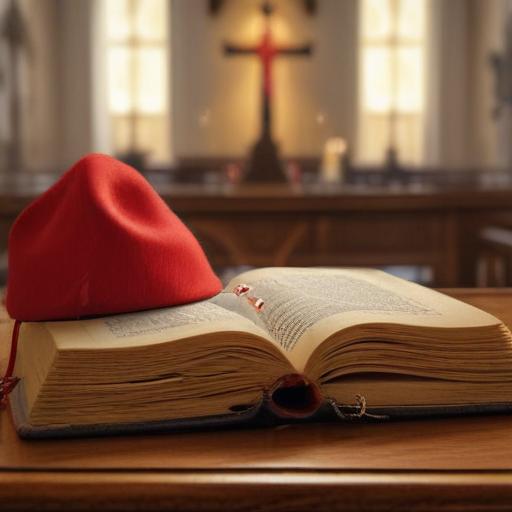The Roman Catholic Church may be on the cusp of returning to a tradition of Italian popes with the potential election of Cardinal Pietro Parolin as the successor to Pope Francis, who recently passed away at 88. Parolin’s candidacy would mark a significant moment, given that the last Italian pope, John Paul I, served only briefly before his untimely death in 1978.
As the former Secretary of State of the Vatican, Parolin has established himself as a central figure in the Church’s diplomacy since 2013. Many view him as a moderate within the Church, striking a balance between the progressive stance of Pope Francis and the conservative approach of his predecessor, Pope Benedict XVI. His diplomatic experience is extensive, encompassing roles as the Vatican ambassador to Venezuela and facilitating important dialogues with countries like China and Vietnam.
Parolin’s upbringing in a modest family, with a father who managed a hardware store, paved the way for his diplomatic career, which began shortly after his ordination at 25. Fluent in several languages, including Italian, French, and Spanish, he has built a reputation as a pragmatic leader familiar to those in the papal conclave, given his lengthy service.
However, his tenure has not been without controversy, particularly concerning a Vatican agreement with China that allows the government a role in appointing bishops, which has drawn criticism from conservative factions. Additionally, the Vatican’s involvement in a poorly executed real estate investment resulted in significant financial loss and led to legal scrutiny of one of his deputies.
As the Church considers the potential of returning to an Italian pope, Cardinal Parolin’s unique profile and experience may resonate well within the conclave. His ability to navigate complex relationships and his commitment to diplomatic engagement could provide the Catholic Church with a steady hand during challenging times.
